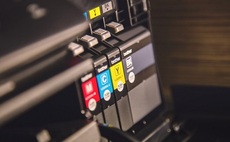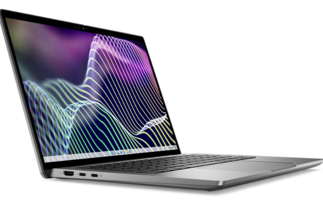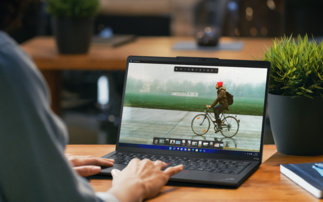Europe has first positive growth for eight quarters
The end of support for Windows XP helped ease the decline in PC shipments worldwide, with HP, Lenovo, Acer and Asus all profiting. Gartner data found that shipments for the first quarter of 2014...
To continue reading this article...
Join Computing
- Unlimited access to real-time news, analysis and opinion from the technology industry
- Receive important and breaking news in our daily newsletter
- Be the first to hear about our events and awards programmes
- Join live member only interviews with IT leaders at the ‘IT Lounge’; your chance to ask your burning tech questions and have them answered
- Access to the Computing Delta hub providing market intelligence and research
- Receive our members-only newsletter with exclusive opinion pieces from senior IT Leaders





















